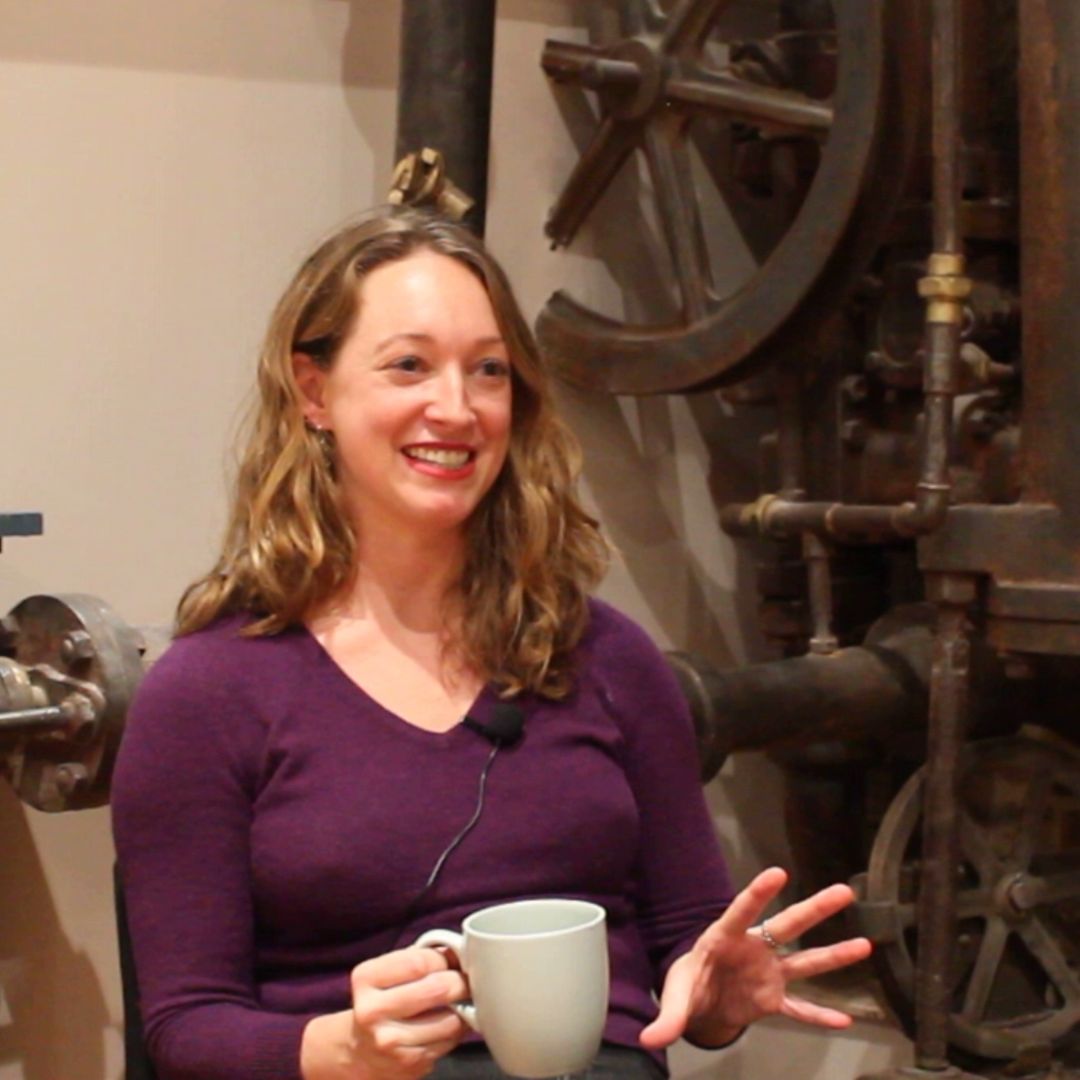Pitfour Brick & Tile Co.
Pitfour Brick & Tile Co. or Pitfour Brickworks, owned by Robert Small & Co., began their operations in 1838 in Glencarse, Perthshire. They were known for their manufacturing of bricks and drain pipes made with terracotta and clay.
During the Flour Mill Dundee renovations, we discovered numerous ‘Pitfour’ branded bricks.
So with interest piqued, we set down the hard hats and took some time to see what we could discover about their provenance. We hoped those bricks might tell a story. Boy, did we get what we were looking for!
It seems the raw material they used was alluvium clay formed by glacial river deposits from the Carse of Gowrie on the North bank of the Firth of Tay. Probably, those same deposits were used by other brick-makers since remnants of their bricks can be found in older buildings in the village of Errol just up the road.
The Tay Bridge
Robert Small & Co. provided materials for a range of high profile projects, including the bricks to help build the approaches and pillars to the first Tay Bridge, opened in 1878 in a single-track lattice girder design. Tragically, disaster struck in 1879 when the central navigation spans collapsed during a tremendous storm, taking with it six carriages holding 75 people.
But Dundonians are nothing if not resilient. Rather than give up, they mourned their dead and got on with designing and building a new, stronger structure. Pitfour got back to work, making up to 10 million new bricks for the replacement crossing. Consequently, the double track bridge still stands strong today.
Mechanised Brick Making
They were it seems, a rather forward thinking business. The Pitfour works had one of the earliest examples of mechanised brick making. Two steam powered Tweedale Tile machines were purchased by the company and proved to be an easy and economical way to increase production and lower costs. Interestingly, the Flour Mill also installed a steam engine for the milling process. Some of this industrial apparatus can still be seen within the walls.
Flour Mill alterations were made with the very same bricks in 1885. Not a bad pedigree.
The Flour Mill is steeped in history and inextricably linked with the industrial history of this fine city. With a little bit of entrepreneurial flair thrown in. Just how we like it.




